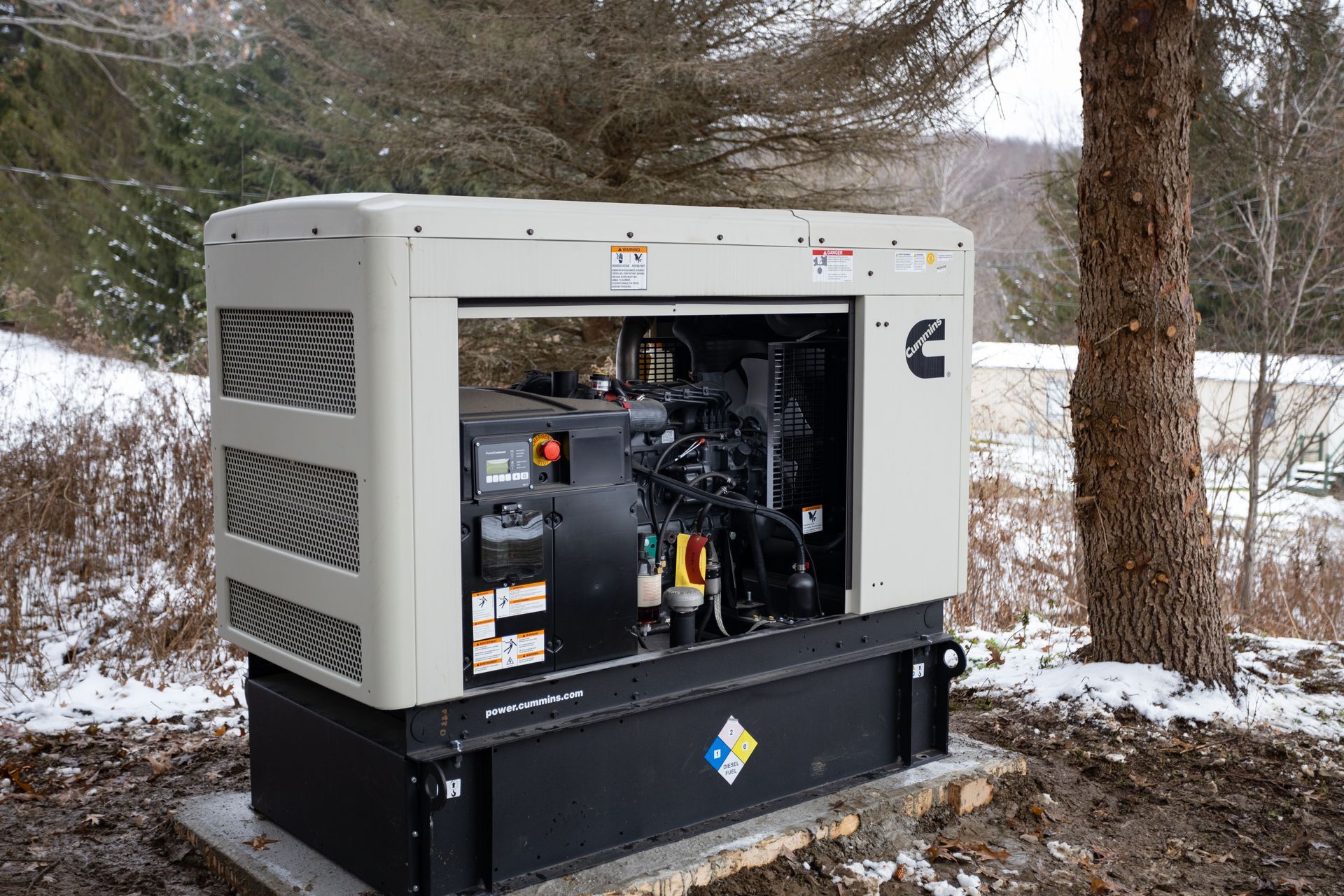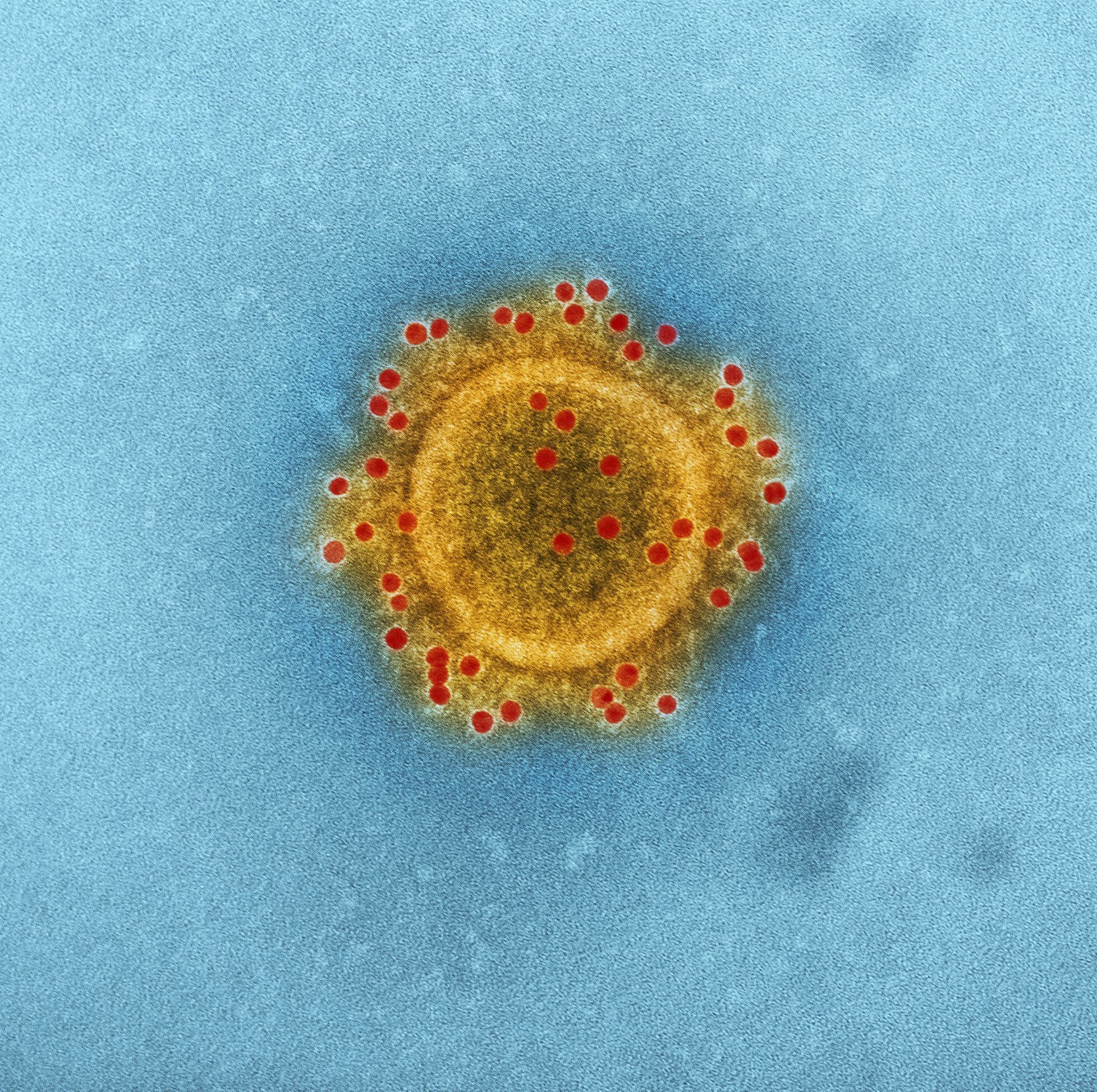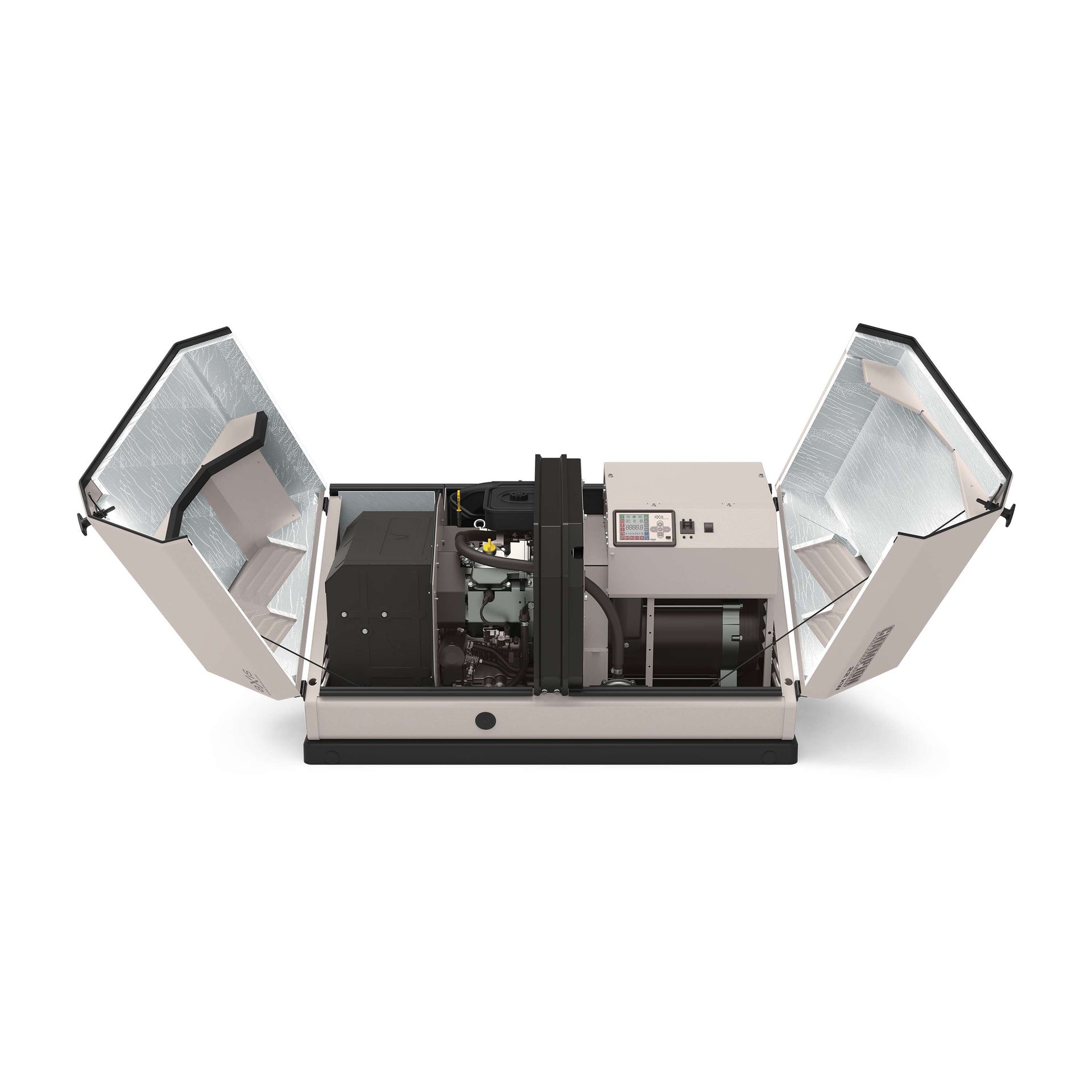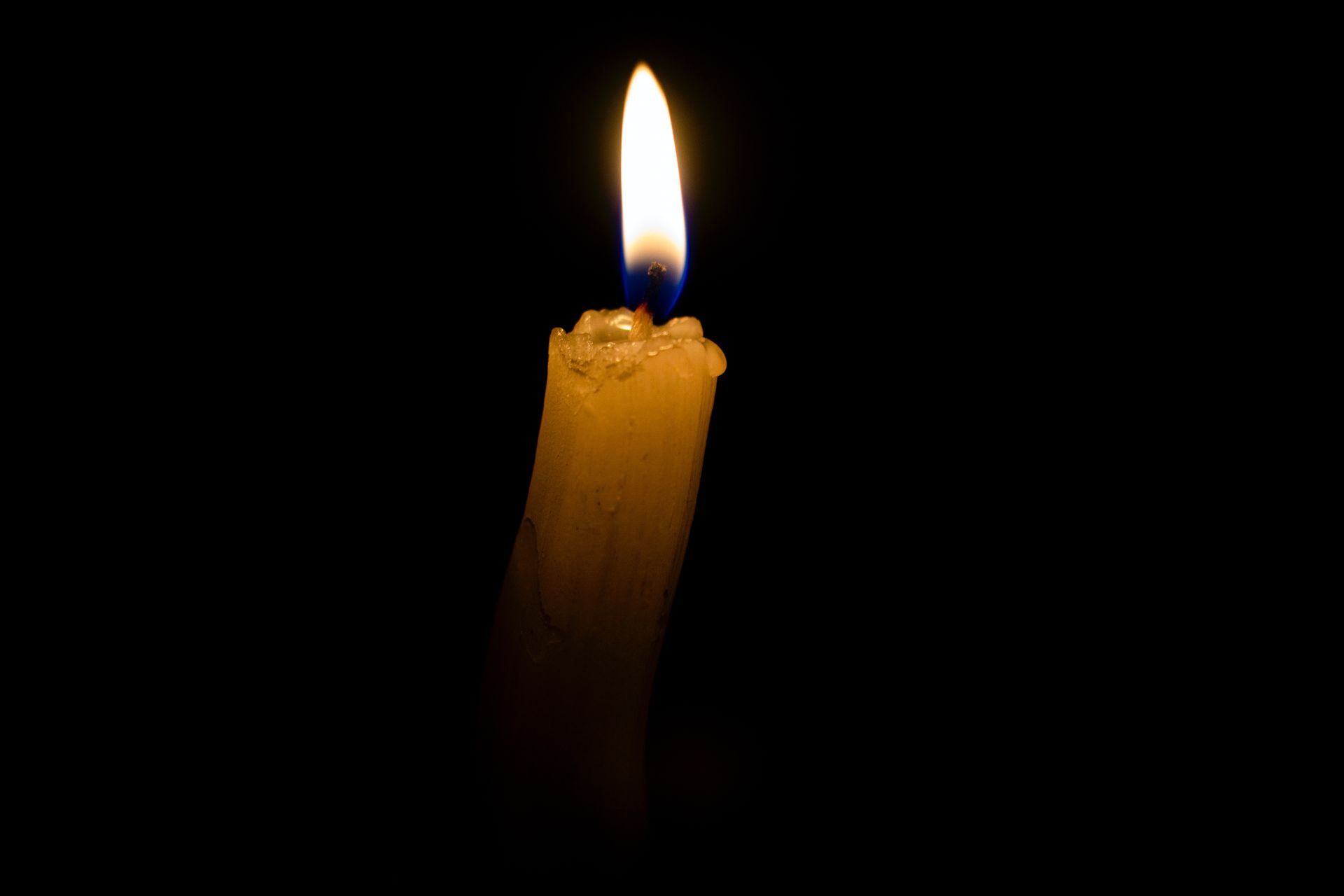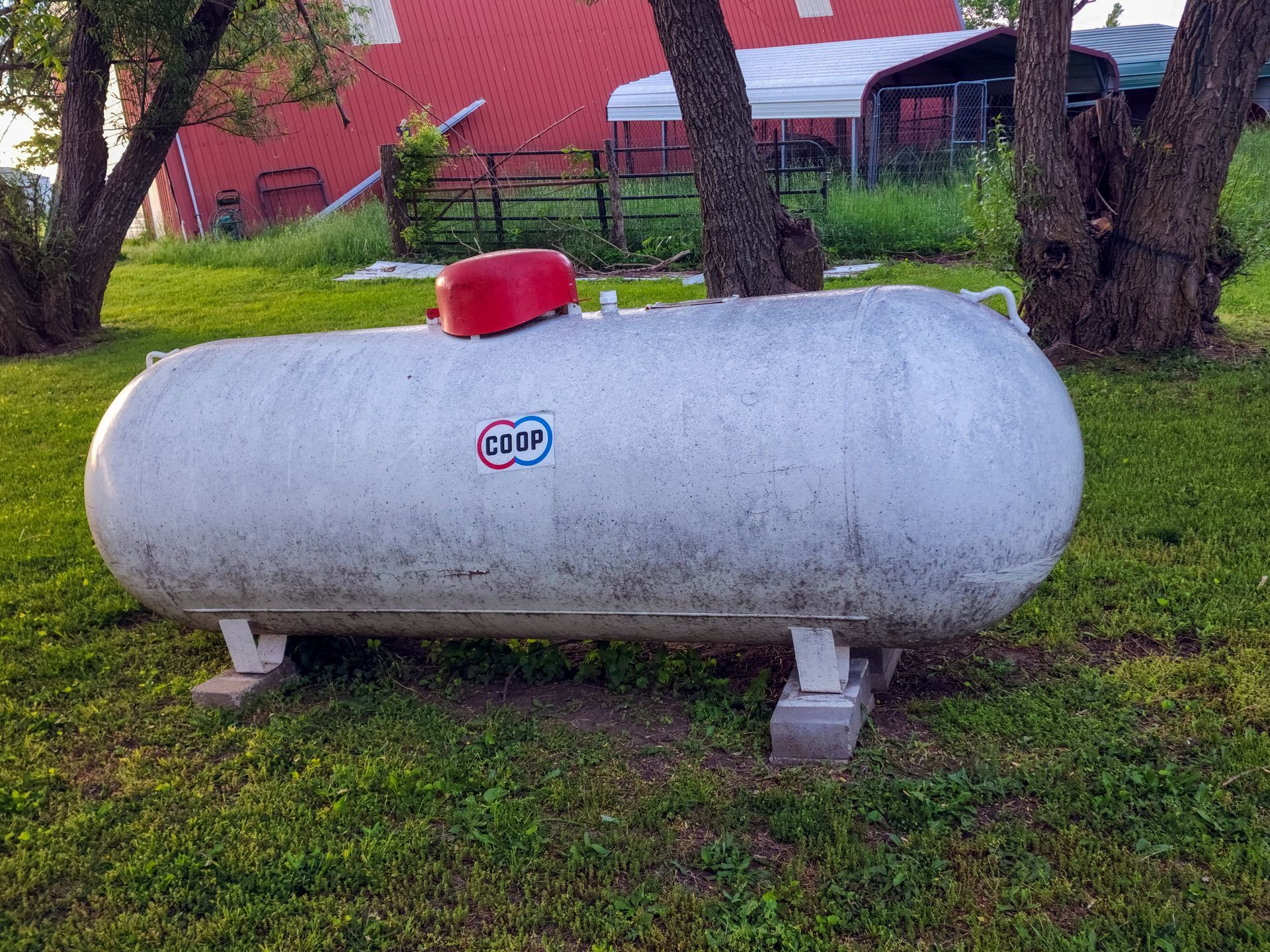How To Treat Well Water
For rural homeowners in many parts of New York State, managing and treating a well is a necessary part of having a clean water supply.
For homeowners who live in rural parts of New York, getting all of your water from private wells is a fairly common occurrence. A well can be a preferable water source to a municipal solution in many circumstances, but they also require their own maintenance and upkeep. Depending on the conditions of your well, some form of filtration may be necessary for consumption purposes. The factors that go into your water quality can be numerous and can change from place to place.
As is the case with most residential water, both municipal and well, it is always advisable to get your water tested on a regular basis. In the case of a well specifically,
the CDC recommends yearly testing, which is more common than homes on municipal water. It is also highly recommended that you thoroughly inspect your well every spring for obvious and visible issues that may occur. It is also advised to seek out local health information from your town or county regarding water conditions and safety.
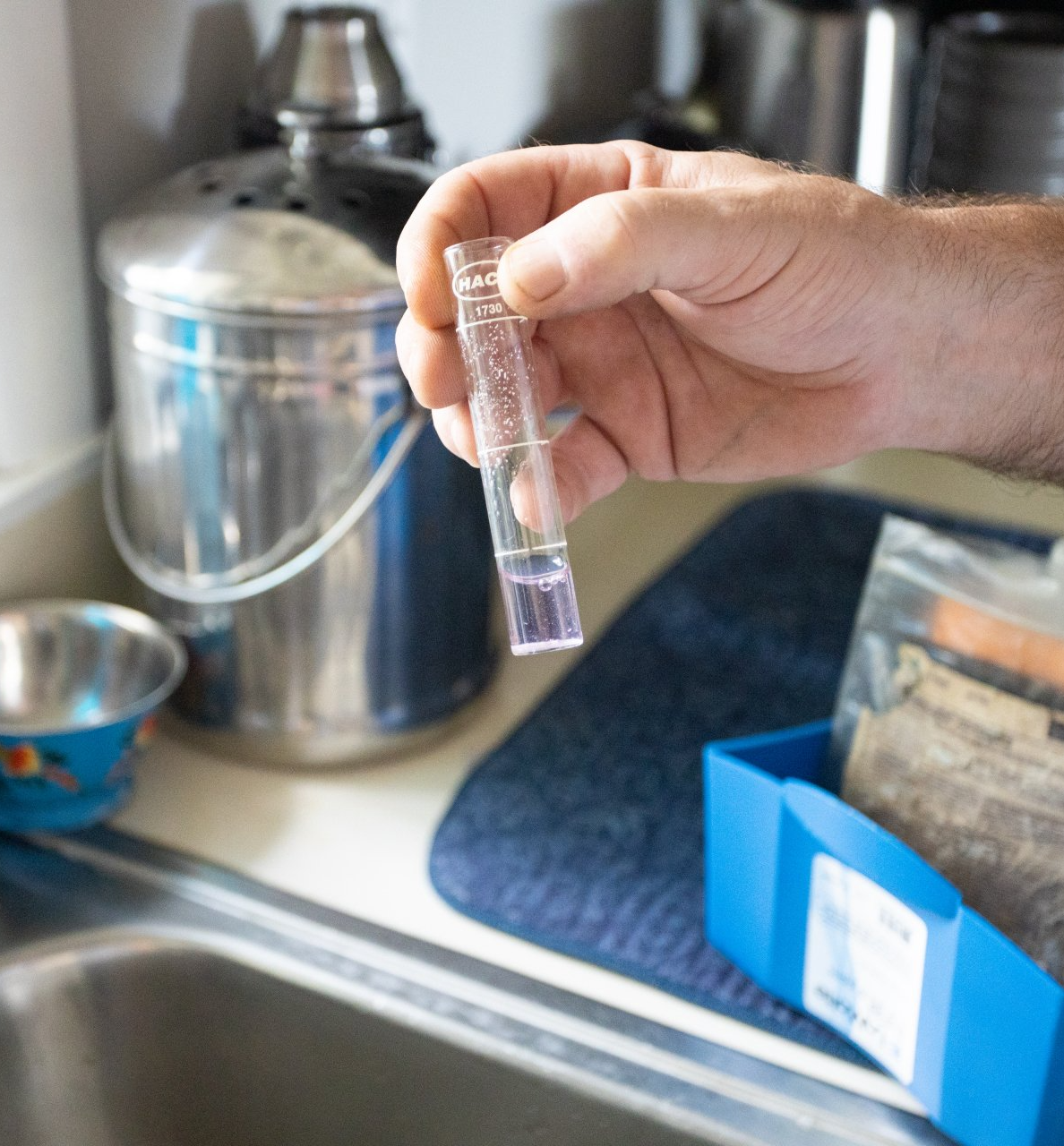
Contaminants, Bacteria, pH, Minerals and More..
Unless you are terribly unlucky, the odds are pretty low that you would have every possible issue with your water, but with wells (particularly here in Upstate New York) there tend to be some common patterns and problems that many homeowners experience. These issues can come as a result of the way your well was built, how long it’s been in use, or it could just be the result of the water conditions in the ground.
Here in the northeast region of the United States the most common water minerals/metals include
arsenic, lead and iron. Other common issues include high quantities of salt, acidity and chlorine. Just because these are common issues recorded in the region does not necessarily mean that these are the issues you will have in your home.
Our first hand experience with treating well water here in the northeast is that hardness is fairly common, as well as lead, iron and arsenic, which lines up with publicly available information we’ve seen. We’ve also seen quite a few instances of bacteria and also
sulfur which is generally very noticeable due to the rancid smell.
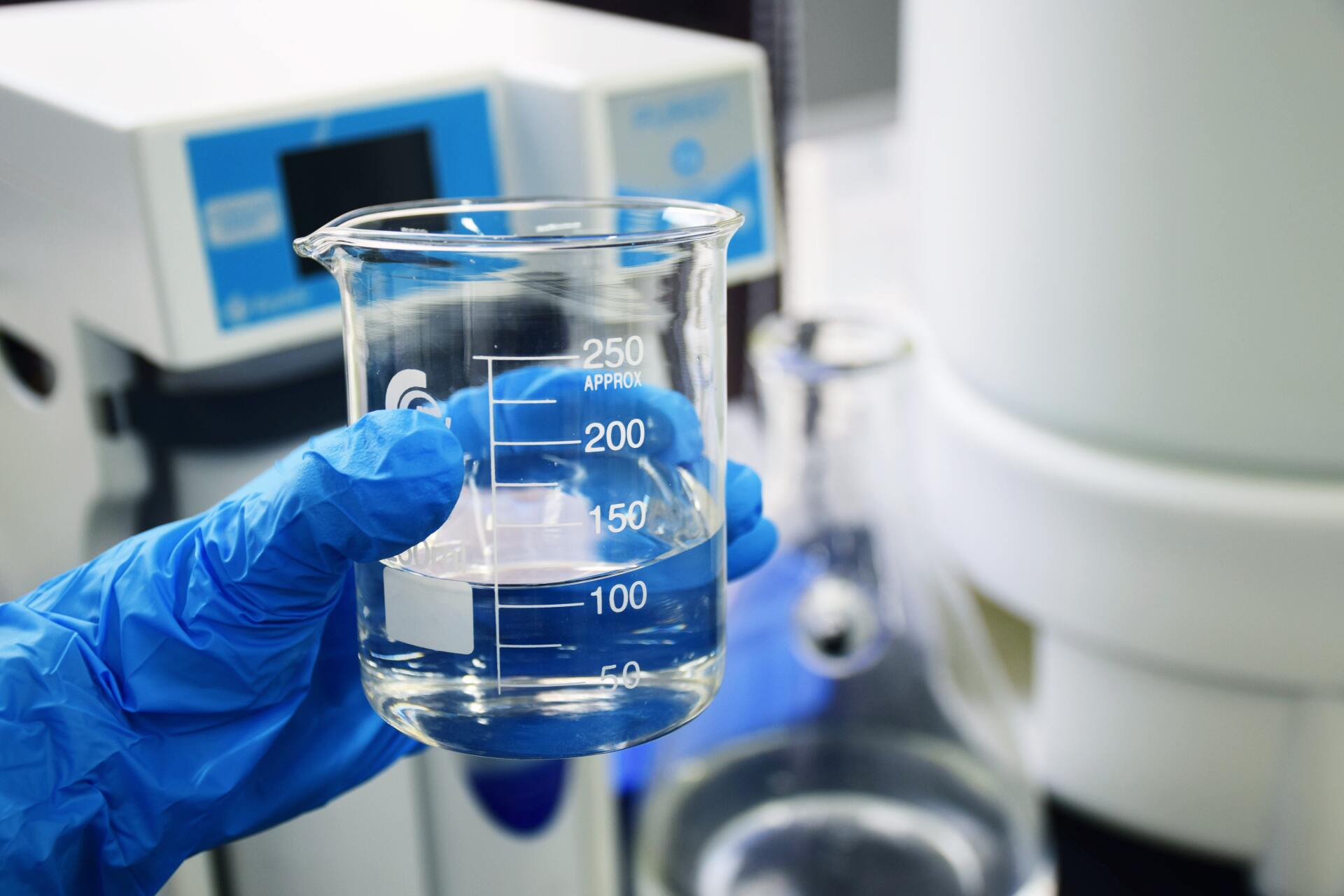
Regular Testing and Maintenance
Because of changing conditions and a lack of oversight, government organizations generally recommend at least once yearly water testing of private wells. These same organizations, like the CDC also provide lots of valuable information about maintaining wells for future use as well as retiring wells that are no longer in use. Because of the likely presence of bacteria not found in chlorinated municipal water systems, it is often recommended that well water be run through some kind of treatment system.
There are also several common sense tactics you can employ to check on your well and prevent future water quality issues. The first is to conduct a visual inspection yourself every few months. You may discover an obvious issue with your well simply by grabbing a flashlight and taking a look around. The other no-brainer is to make sure you’re keeping hazardous materials away from your well and disposing of them properly when they are no longer needed. These materials can find their way into your water supply if you’re not careful.
Recommended Treatment Systems and Shocking Your Well
Once you’ve gathered all the information you need about your well and water conditions, you will be prepared and informed about what actions you should take, if any. Depending on your circumstances and needs, you may be looking for long or short term solutions. We generally recommend that you consult a contractor that specializes in water treatment with this process, especially since most of those contractors will also be able to supply you with a free water test.
“Shocking” your well
(shock chlorination) refers to using bleach to kill bacteria in your water supply. This disinfection process can be effective if done correctly but also has several drawbacks. For starters, it will take some time and a lot of running water. All of the chlorinated bleach needs to be run through the well and systems in the home. After turning on all the fixtures for 10 mins or so, you’ll then want to run a hose for a few hours to completely clear out the bleach. This process is also temporary.
You also have the option to install a water treatment system designed to address whatever issues you’re having. In the case of bacteria specifically, installing U.V. Light is a chemical-free option that eliminates 99% of all bacteria.
R.O. filters are a good option for removing nitrates and other contaminants, and Carbon Filters can remove hardness and chlorine. The best treatment system will always depend on your specific water quality.
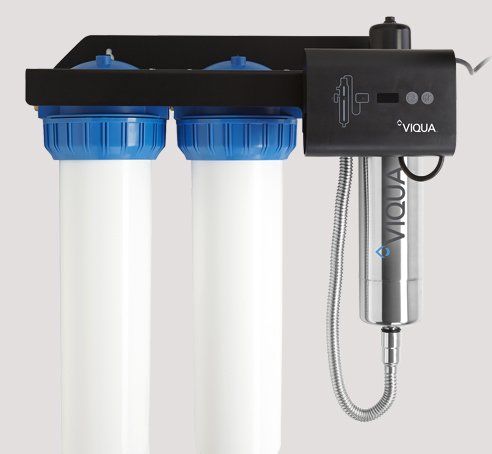
Address Problems ASAP
The most important thing you can do to take care of your well and drinking water is to address problems you encounter as soon as they come up. Waiting for things to get worse could result in problems that are more difficult to address. Be proactive whenever you can.
Hurricane Home Solutions is a water treatment specialist and service provider in a majority of New York State and parts of Northern Pennsylvania. If you have well water and are looking into getting a water treatment system we can help you identify your water conditions and suggest the best possible treatment systems for your home. We can be contacted by email at
info@hurricanehomesolutions.com, by
web form here on our site, or by phone at
1-833-999-0039.
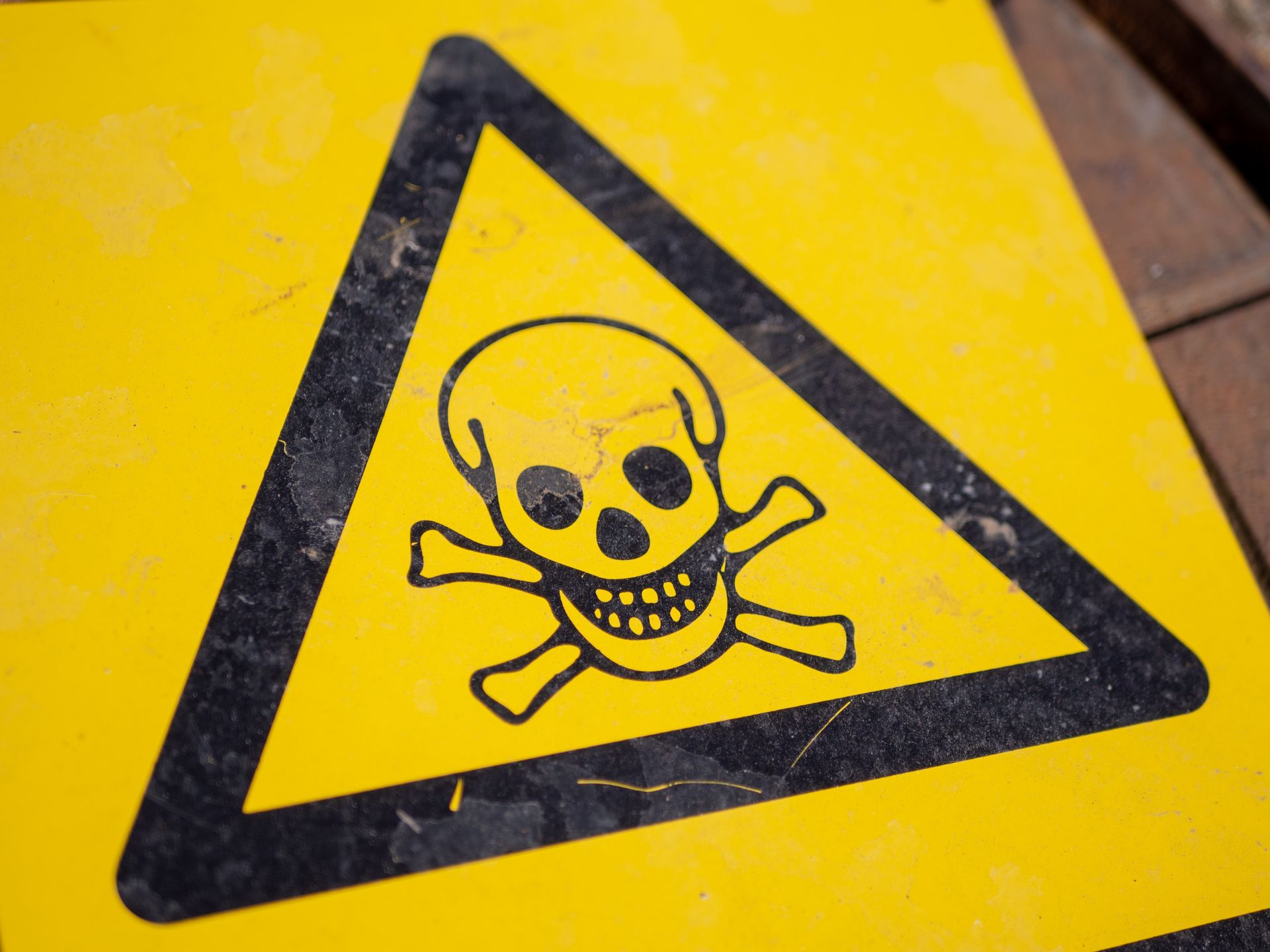
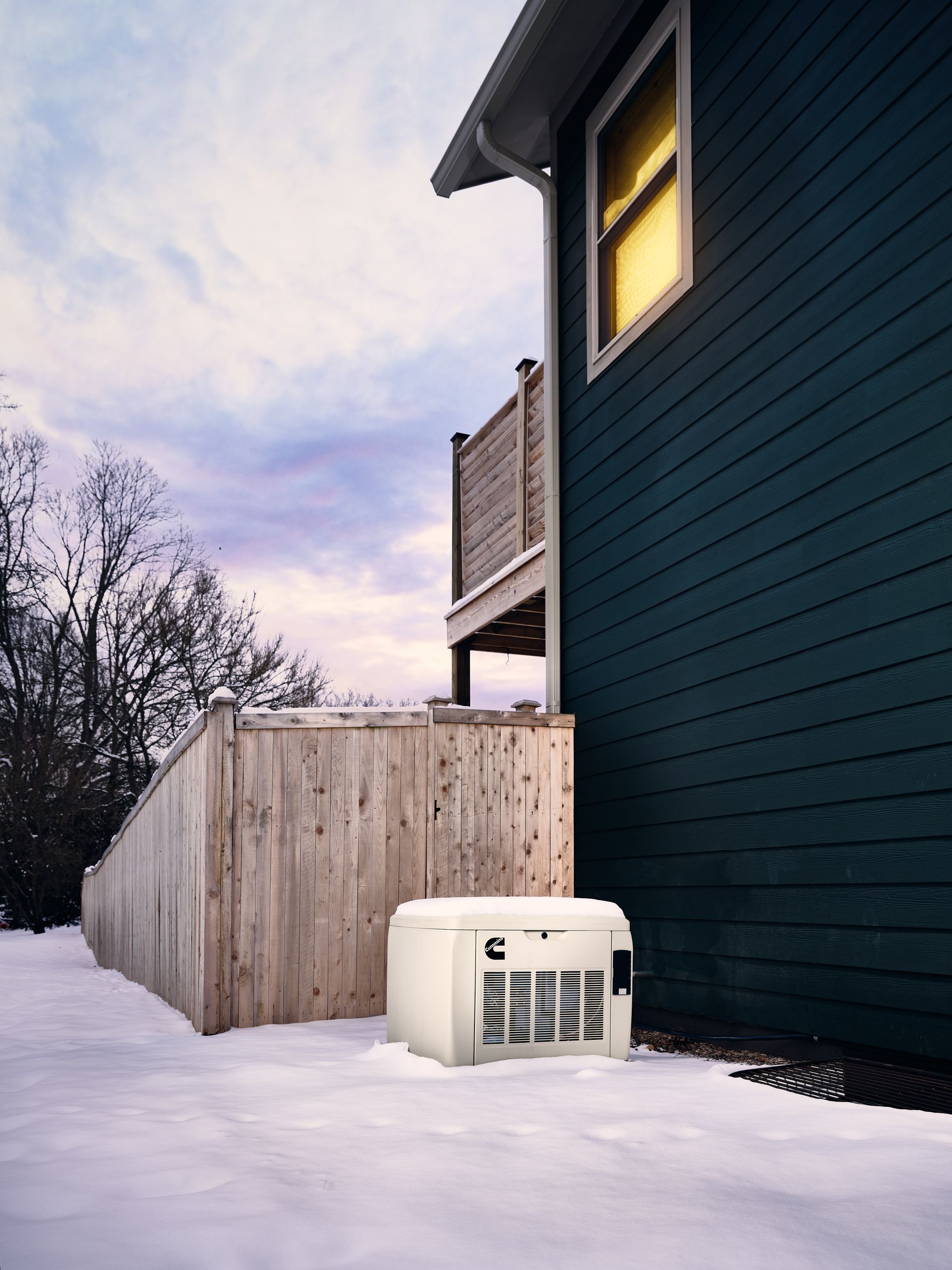
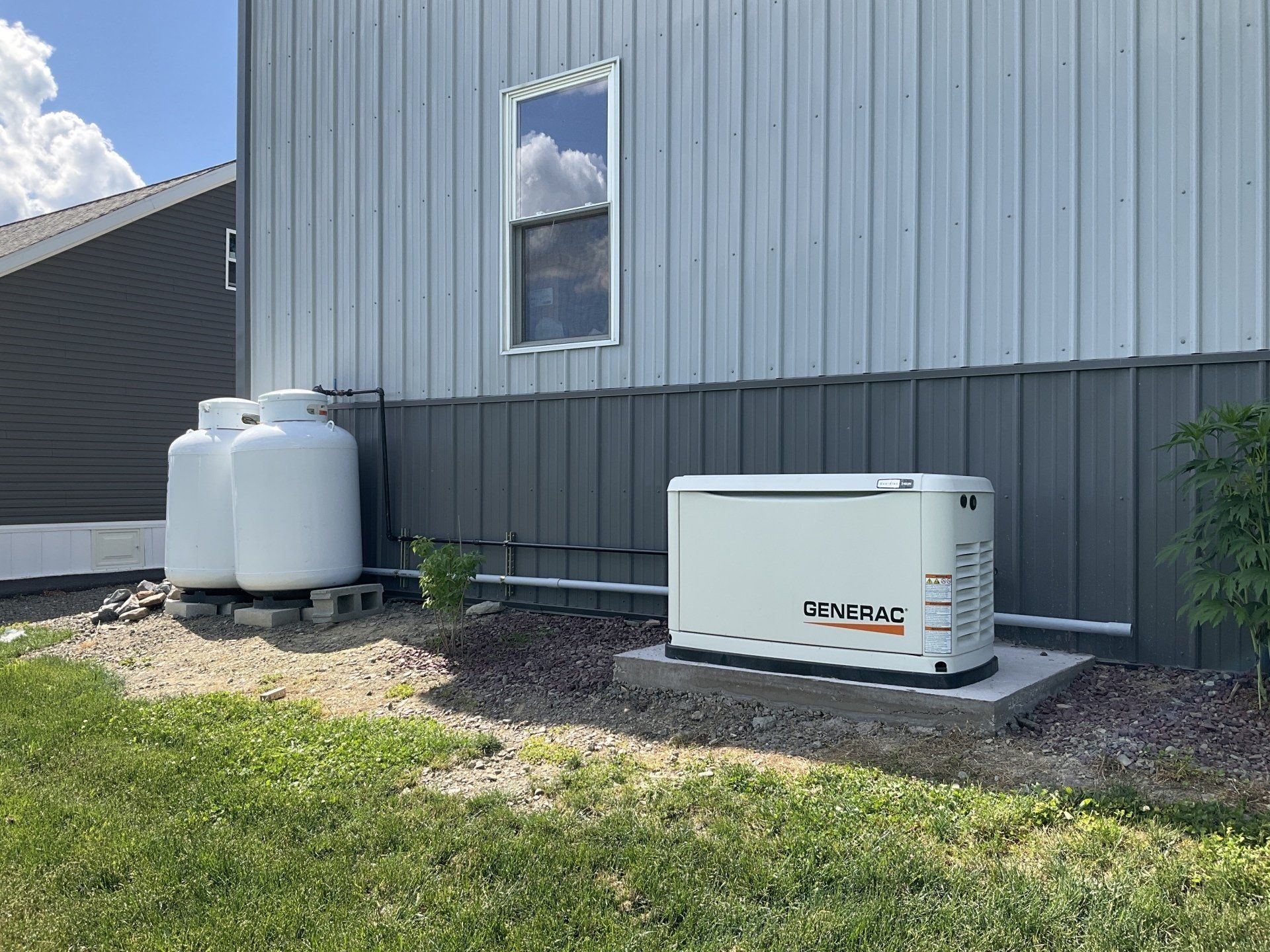
Our Locations:
2025 Brighton Henrietta Town Line Rd,
Rochester, NY 14623
12A Petra Ln. Suite 4
Colonie, NY 12205
1051 S Main St. Suite 6
Elmira, NY 14904
3959 N Buffalo St. Suite 37
Orchard Park, NY 14127
493B Blue Eagle Ave.
Harrisburg, PA 17112
1392 Frey Rd
Pittsburgh, PA 15235
(412) 229-8089
1247 US-15
South Williamsport, PA 17702
Emergency Services 24/7
Standard Business Hours;
Monday-Friday: 8:00AM - 4:00PM
Contact Information:
Syracuse Area - Oswego, Auburn, Ithaca, Cortland, Utica, Rome...
Buffalo Area - Lockport, Warsaw, Niagara Falls, Batavia, Albion...
Rochester Area - Geneseo, Canandaigua, Penn Yan, Waterloo...
Watertown Area - Lowville, Canton, Star Lake, Potsdam...
Binghamton Area - Elmira, Norwich, Watkins Glen, Bath, Belmont...
Albany Area - Troy, Schenectady, Schoharie, Ballston Spa, Hudson...
Williamsport Area - Wellsboro, Lock Haven, Bellefonte, Towanda...
Wilkes-Barre Area - Bloomsburg, Pottsville, Jim Thorpe, Scranton, Milford...
Harrisburg Area - Lebanon, Reading, Lancaster, York, Carlisle...
Pittsburgh Area - Washington, Greensburg, Beaver, Butler, Kittanning...


